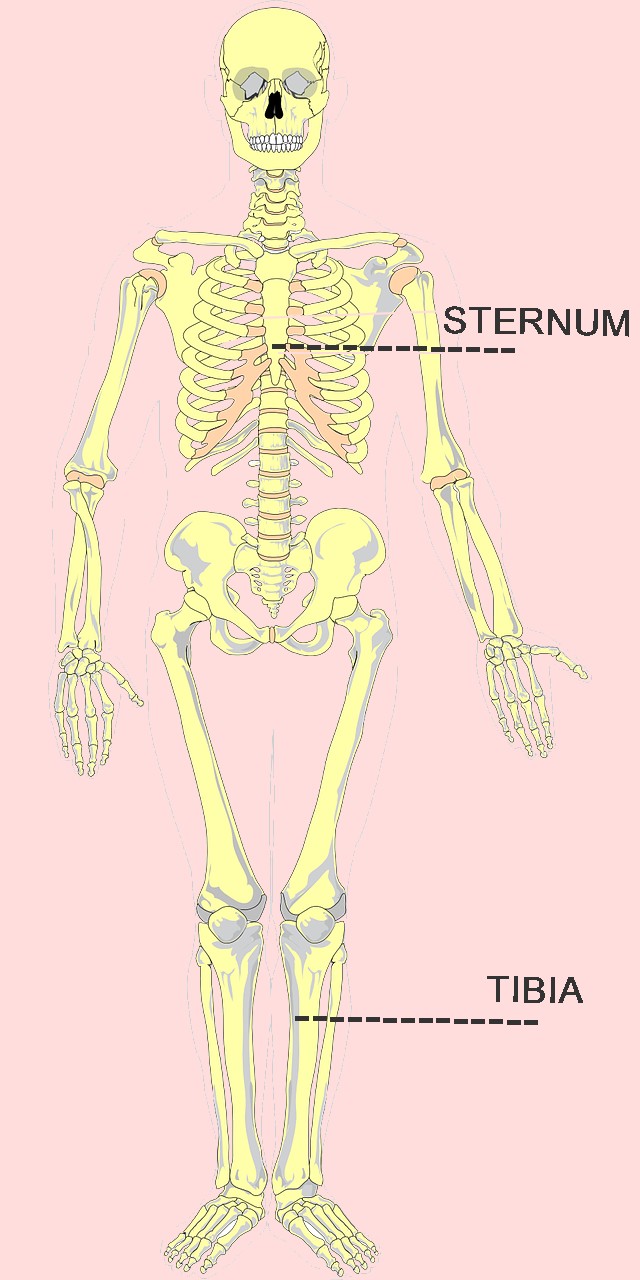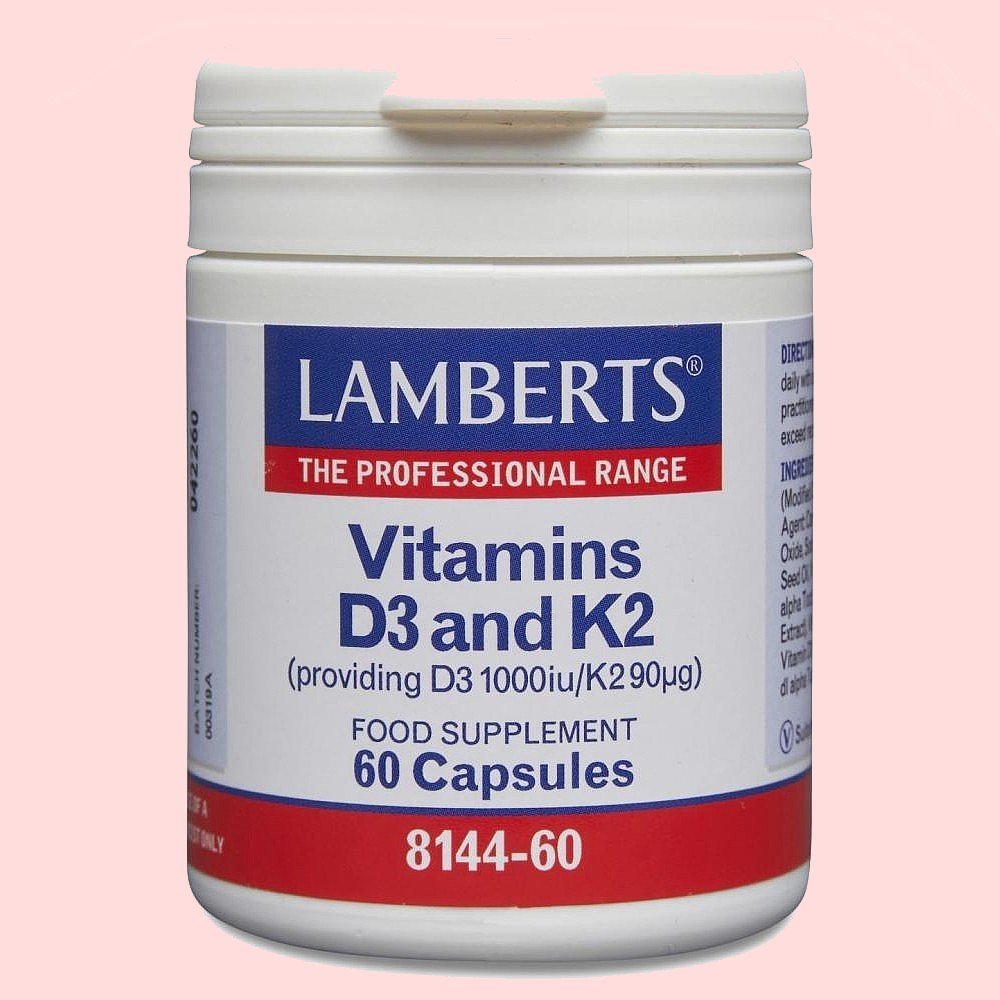Vitamin D
The first thing you need to know about Vitamin D is that it isn’t a vitamin at all – it is a hormone!
Vitamin D deficiency is very common. About a quarter of people in the UK may not
have enough Vitamin D for optimum health according to the NHS
Vitamin D deficiency seems to be more prevalent in women with Fibromyalgia. In one study it was indicated that almost 50% of women with Fibromyalgia had very low Vitamin D levels.
Most people will be aware that a Vitamin D deficiency can cause Rickets in children, but did you know that the adult equivalent is a condition called Osteomalacia?
Osteomalacia can cause bone pain and muscle weakness.
Vitamin D test

I took the Vitamin D test which is used to determine the likelihood of Osteomalacia.
The test involved pressing onto my sternum (breastbone) and then pressing on my tibias (shinbones) to see if they were painful or tender.
Well I didn’t need to press too hard because they were painful anyway. I was astounded by this test as it meant there was a 93% chance of being Vitamin D deficient.

Vitamin D is known as the sunshine vitamin as we get the vast majority of this vitamin from being exposed to the sun.
Overzealous use of sun screen and sun block lotions and covering the body up at the slightest hint of a sunny day leads directly to Vitamin D deficiency. From October to April in the UK we cannot get any Vitamin D from the sun.
So if we are to prevent Vitamin D deficiency we need to expose large areas of our bodies to summer sunshine without sun block each day for a minimum of 20 minutes. If we cannot do this we need to take supplements as very little of the Vitamin D we need comes from our diet.
Vitamin D maintains blood calcium levels and it regulates calcium and phosphorus in the body. These nutrients are essential to keep bones, teeth hard and muscles healthy.
Vitamin D supplements

The type of Vitamin D supplements you decide to take are important as is the dosage. The type that is most often recommended is Vitamin D3 with K2. This is because Vitamin D3 allows calcium to be absorbed easily and K2 activates a protein known as osteocalcin which helps the build up of calcium in bones and teeth.
Dosage is a controversial issue with the NHS advocating a measly 10 micrograms of Vitamin D during the autumn and winter months. Whereas Dr. Holick who is the leading expert on Vitamin D advocates 2,000iu – 3,000iu each day.